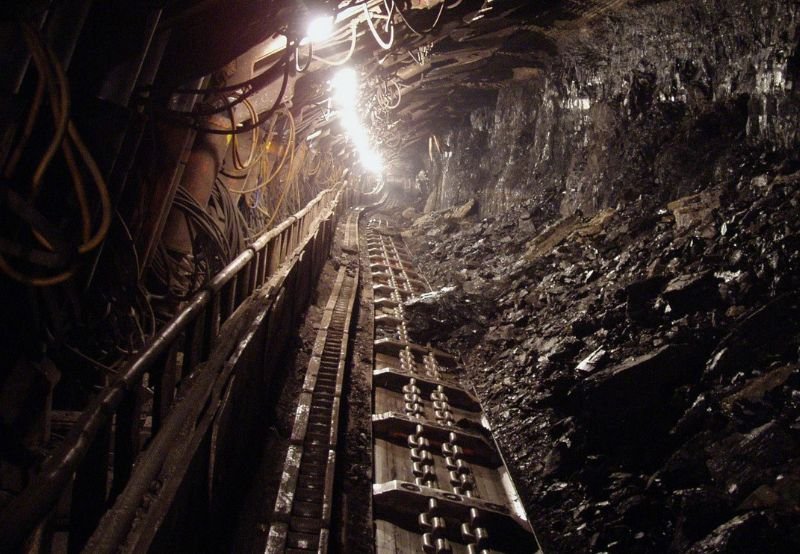The world’s transition to clean energy faces a roadblock: copper. A new report by the International Energy Forum (IEF) warns of a potential copper supply shortage as demand for the metal skyrockets in electric vehicles (EVs) and renewable energy.
Growing Demand, Limited Supply
Under current trends, copper mine output needs to increase by 115% by 2050 to meet baseline demands. Electrifying the global vehicle fleet alone would require a 55% increase in new mines. This translates to an unprecedented need for new mines opening every year.

The challenge lies not in total metal reserves, but in bringing new mines online. Developing a new mine can take over two decades, and stricter environmental regulations further complicate the process.
EVs vs. Hybrids: A Copper Quandary
The report suggests a potential solution: prioritizing hybrid vehicles over pure EVs. Hybrids require significantly less copper per vehicle, and could be achieved with far fewer new mines (37 compared to 54 for EVs), plus the environmental benefits of hybrids are comparable to EVs, making the choice a complex one.

Beyond Mining: Exploring Solutions
The report emphasizes the need for a multi-pronged approach. Policymakers should consider:
- Supporting exploration: Streamlining land access for exploration can expedite copper discovery.
- Incentivizing deeper mines: Financial incentives can encourage the development of deeper underground mines.
- Studying seabed mining: Researching the environmental impact of seabed mining can open up new resources.
- Boosting recycling: Increased copper recycling can significantly reduce the supply gap.

The report warns that failing to address the copper shortage could lead to price spikes, hinder developing economies, and ultimately stall climate change mitigation efforts. Collaborative efforts among policymakers, miners, and environmental groups are crucial to ensure a smooth transition to a clean energy future.
Reference- Mercom India, International Energy Forum report, National Geographic, The Guardian






